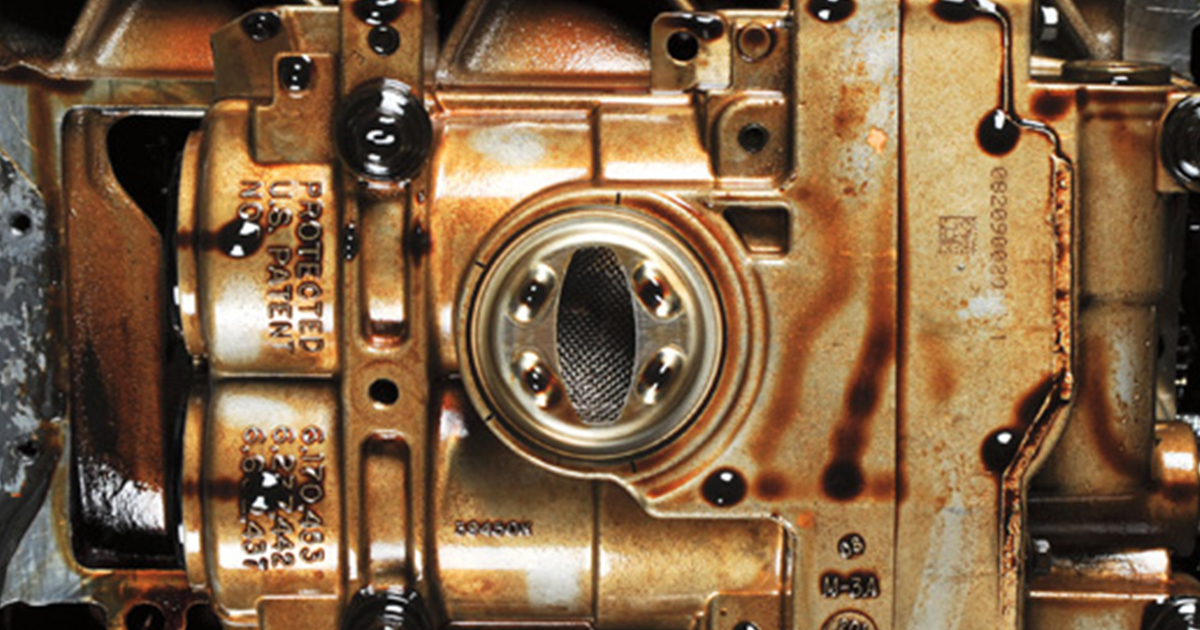Those pics that constitute the preview are grossly misleading, here are some snaps from the actual video:
View attachment 153969
View attachment 153970
Yes, there's some lightening on the intake camshaft bearing caps, but the difference is nothing like the video's preview.
Also, important to note that he's using their XPR racing oil, which says nothing about suitable for street use on their website:
The XPR 5W-40 appears to be 10-22% PAO:
View attachment 153971
With a mix of other lower group bases.
It's possible that this product line has some AN's or esters in it that could do some cleaning, however that does not mean that the other product lines do. Mobil 1 0W-40 is advertised as being able to clean, but that doesn't mean other Mobil grades do.


